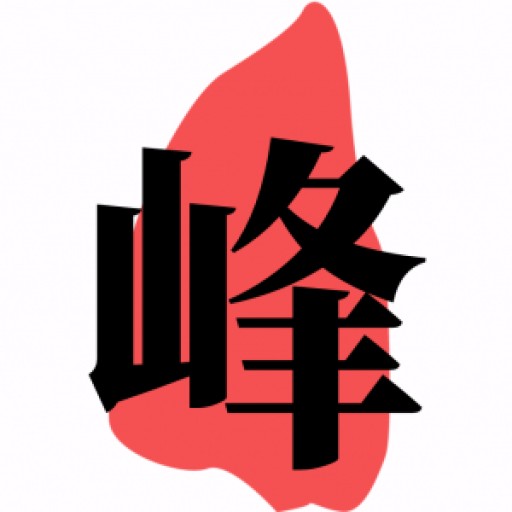形容词和副词的比较级与最高级
形容词和副词的比较级和最高级用来表示事物之间的等级差别。比较级用于比较两个事物或人,而最高级用于比较三者或三者以上的事物或人。下面详细讲解这些变化规则和用法。
1. 比较级和最高级的变化规则
单音节词
规则变化
: 加词尾 -er 和 -est
: tall → taller → tallest
: great → greater → greatest
以不发音的e结尾的单音节词
规则变化
: 只加 -r 和 -st
: nice → nicer → nicest
: large → larger → largest
: able → abler → ablest
以一个辅音字母结尾的闭音节单音节词
规则变化
: 双写结尾的辅音字母,再加 -er 和 -est
: big → bigger → biggest
: hot → hotter → hottest
: red → redder → reddest
以辅音字母 + y 结尾的双音节词
规则变化
: 改 y 为 i,再加 -er 和 -est
: easy → easier → easiest
: busy → busier → busiest
以 -ly 结尾的副词
规则变化
: 除 early (earlier, earliest) 外,其他副词用 more 和 most
: slowly → more slowly → most slowly
: bravely → more bravely → most bravely
少数以 -er 和 -ow 结尾的双音节词
规则变化
: 直接加 -er 和 -est
: clever → cleverer → cleverest
: narrow → narrower → narrowest
其他双音节词和多音节词
规则变化
: 加 more 和 most
: important → more important → most important
: easily → more easily → most easily
部分词汇的比较级和最高级
规则变化
: 可以加 -er/-est 或 more/most
: clever → cleverer / more clever → cleverest / most clever
: polite → politer / more polite → politest / most polite
不规则变化
: good / well → better → best
: bad / ill / badly → worse → worst
: many / much → more → most
: little → less → least
: far → farther → farthest (表示距离) / further → furthest (表示程度)
: old → older / elder → oldest (表示新旧或年龄) / eldest (表示兄弟姐妹之间的长幼关系)
: 形容词的最高级前通常需加定冠词“the”,而副词的最高级前的“the”可以有也可以没有。
2. 形容词比较级的用法
两者比较
结构
: 比较级 + than
: Actions speak louder than words. (行动比语言更有力)
在两者之间选择
结构
: Which / Who is + 比较级, ... or ...?
: Which sweater is cheaper, the red one or the yellow one? (哪个毛衣更便宜,红色的还是黄色的?)
表示“两者之间最……”
结构
: the + 比较级
: Lucy is the taller of the twins. (露西是这对双胞胎中更高的一个)
表示“越……,越……”
结构
: the + 比较级, the + 比较级
: The more you eat, the fatter you will become. (你吃得越多,你会变得越胖)
表示“越来越……”
结构
: 比较级 + and + 比较级 / more and more + 形容词原级
: We should make our country more and more beautiful. (我们应该让我们的国家变得越来越美丽)
比较级前的修饰词
: much, a little, far, a bit, a few, a lot, even, still, rather
: It's much colder today than yesterday. (今天比昨天冷多了)
3. 形容词最高级的用法
三者或三者以上的比较
结构
: the + 最高级 + in / of
: He is the strongest of all the boys. (他是所有男孩中最强的)
表示“最……之一”
结构
: one of + the + 最高级
: The light bulb is one of the most helpful inventions. (电灯是最有用的发明之一)
最高级前的修饰词
结构
: 物主代词、指示代词、名词所有格等(不加“the”)
: Yesterday is her happiest day in her life. (昨天是她一生中最快乐的一天)
4. 修饰语
比较级的修饰语
: much, far, even, still, a bit, a little, a lot, a great deal
: Tom is a little taller than Mike. (汤姆比麦克稍高一点)
最高级的修饰语
: by far, far and away, much, almost, nearly
: This is (by) far the best book that I've ever read. (这是我读过的最好的书)
通过掌握这些规则,你可以准确地使用形容词和副词的比较级和最高级,进行有效的比较和描述。

